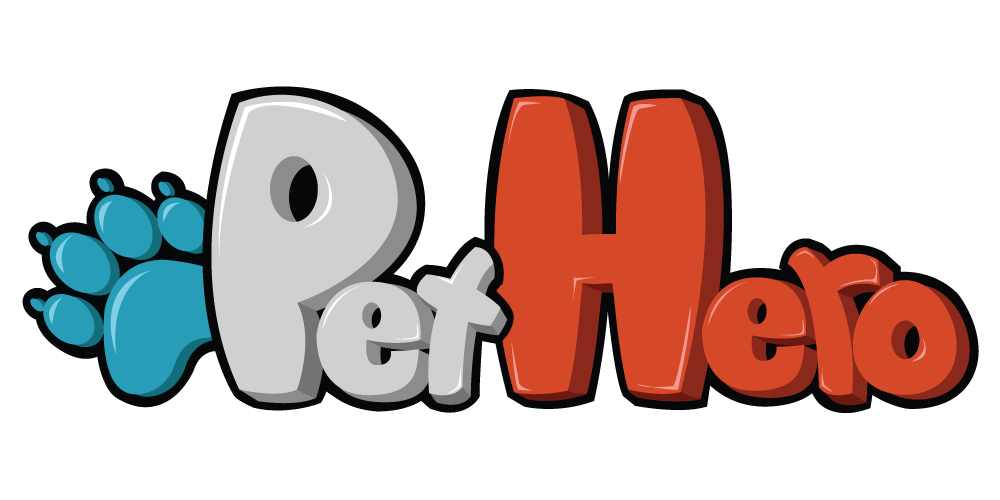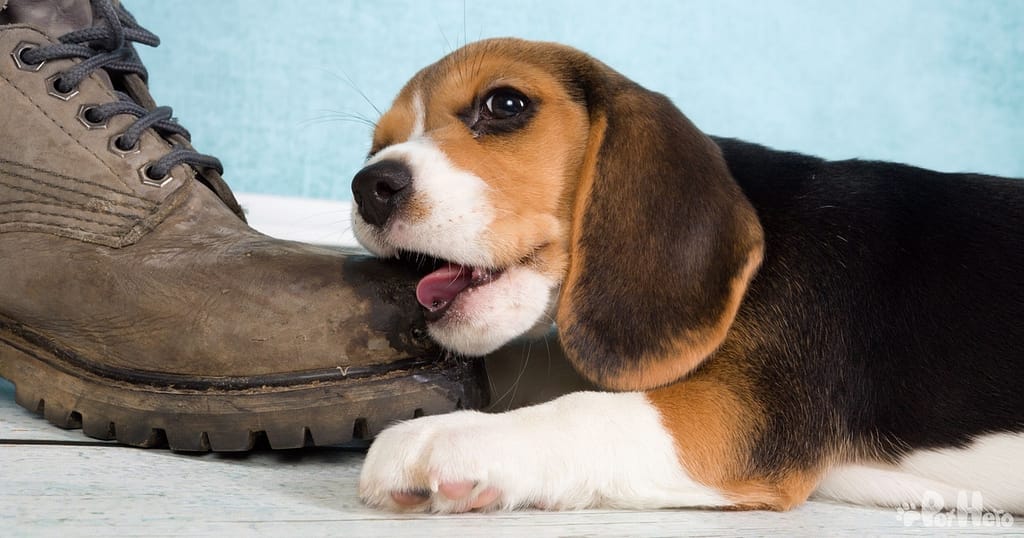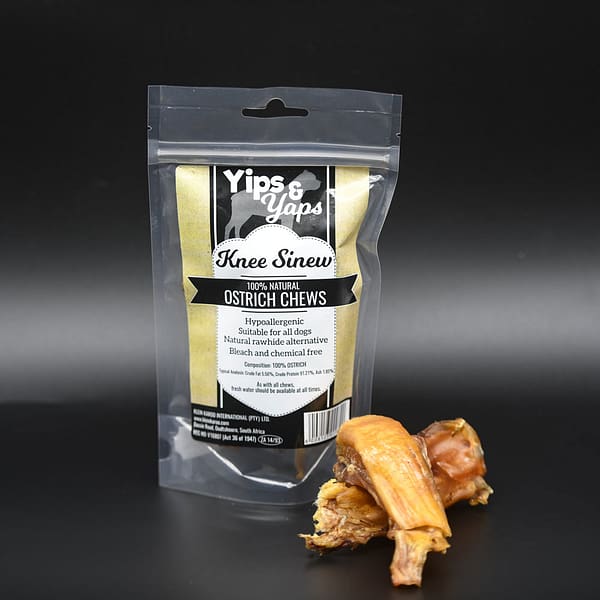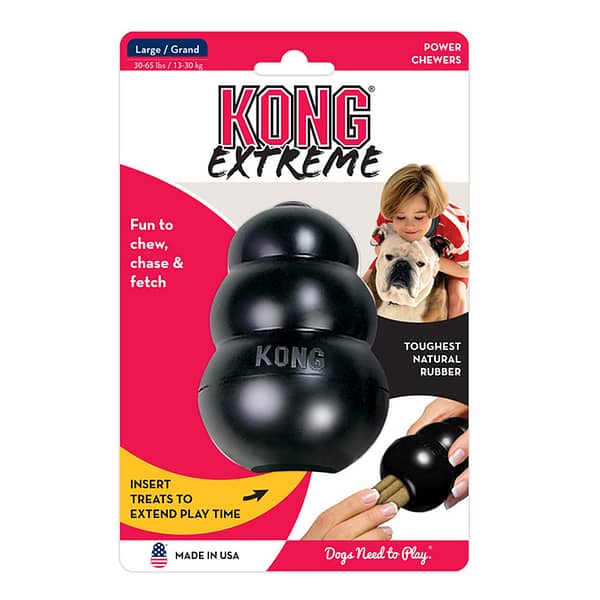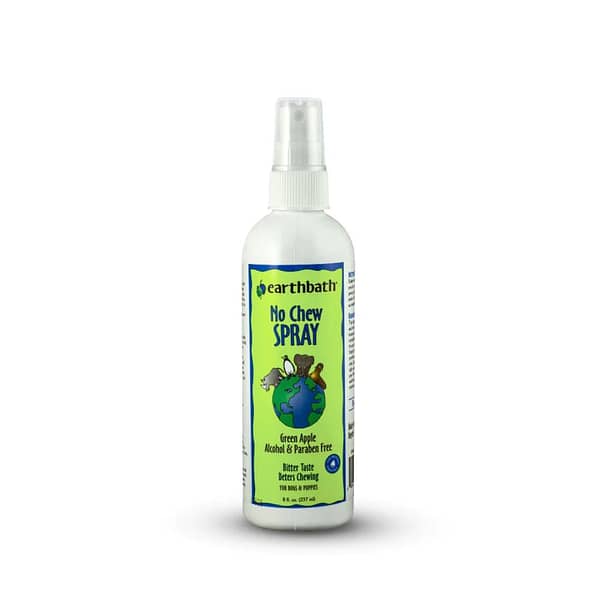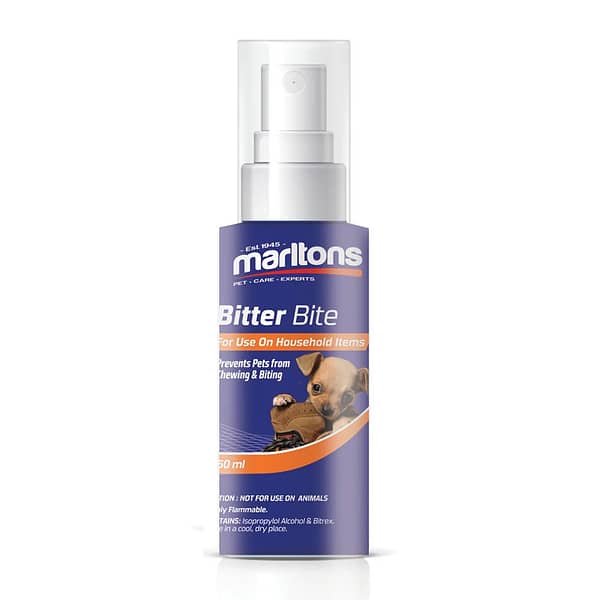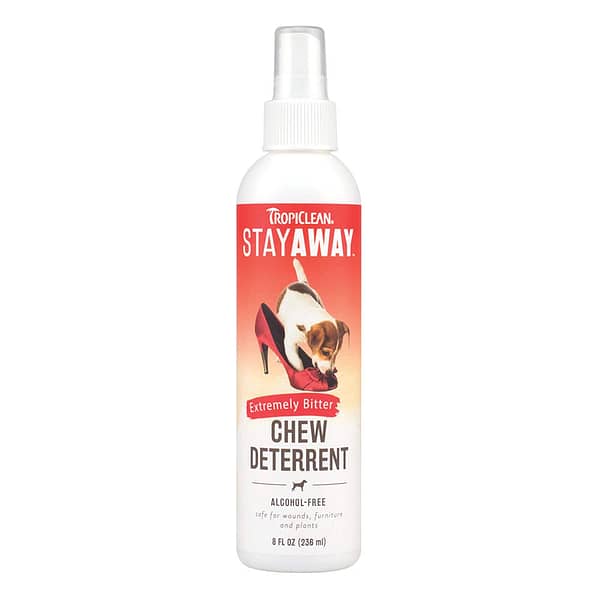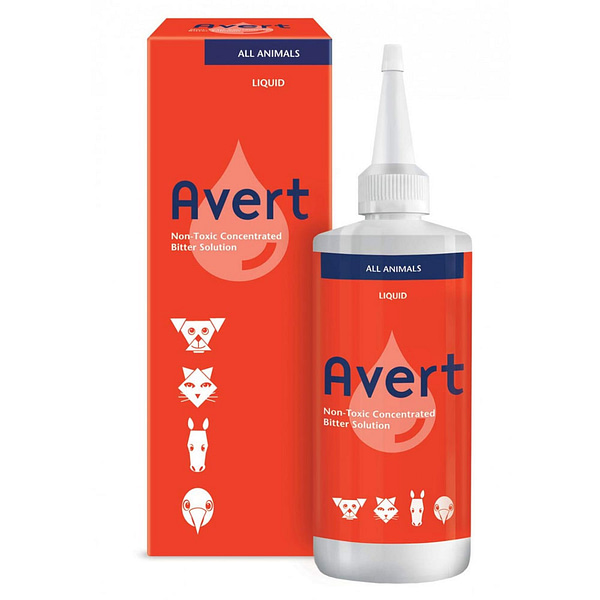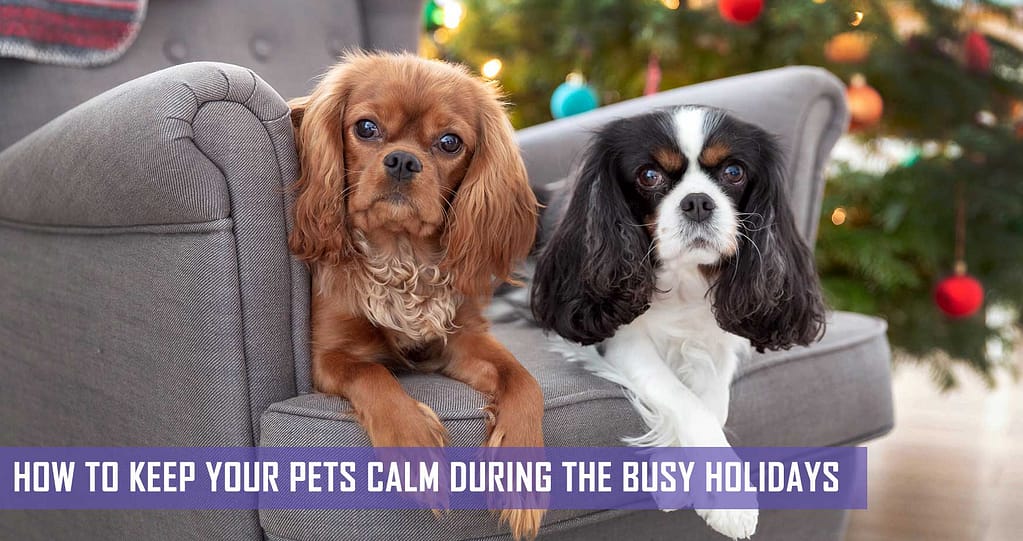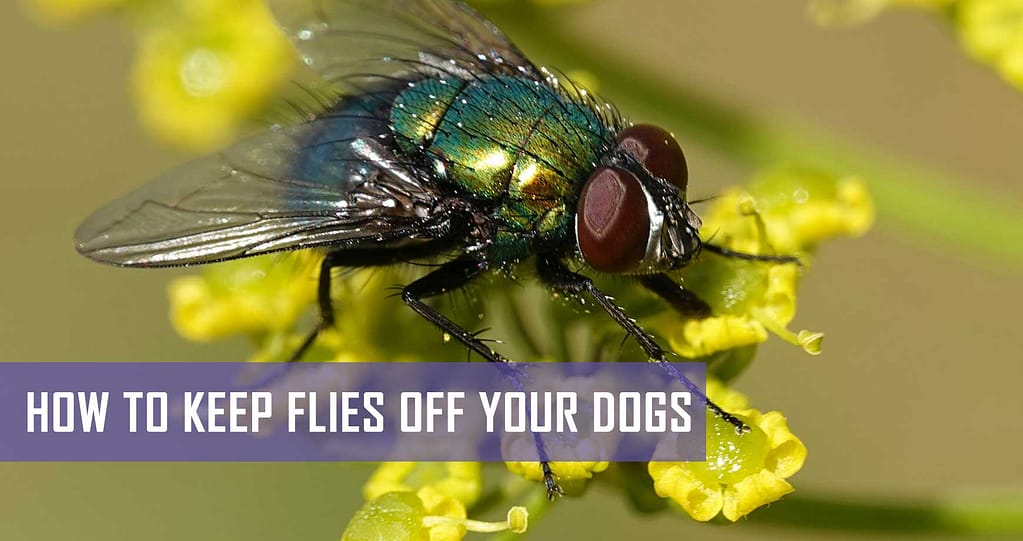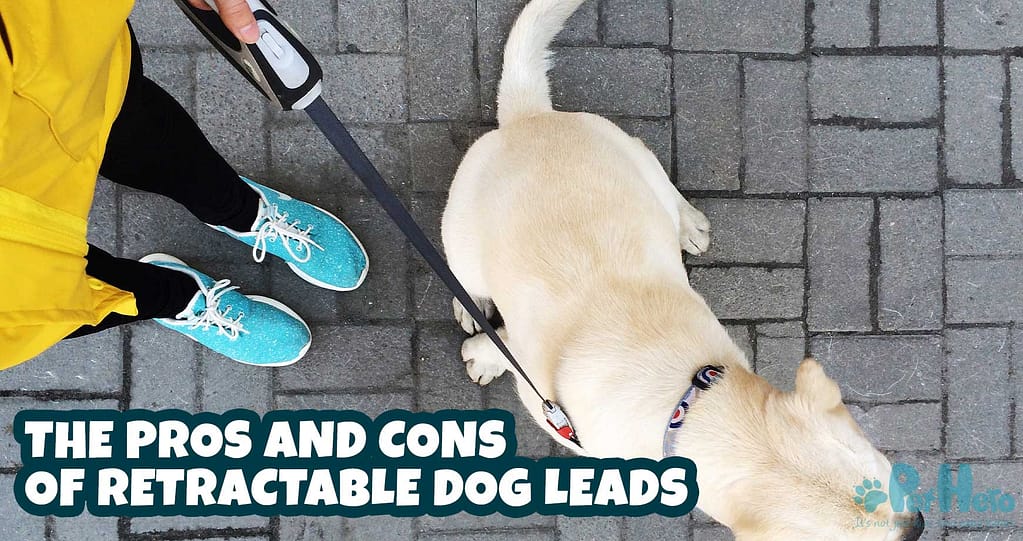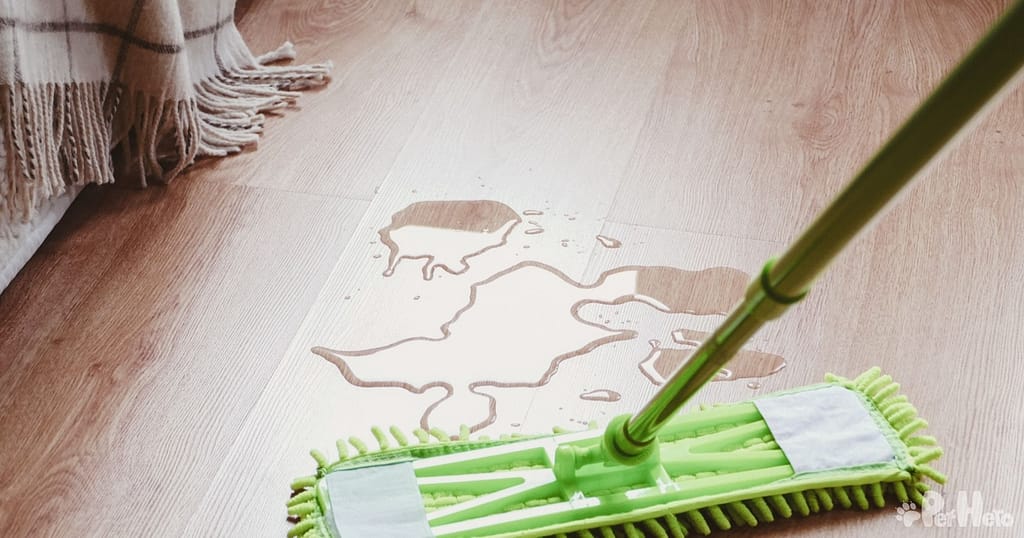It’s been a long, draining day and all you want to do is get home to your loving furry friend – maybe even take him for a walk, considering he’s probably missed you as much as you’ve missed him. Except that when you walk through the door, all you see is your brand-new pair of shoes torn to smithereens, a hole in the couch, and even your hardwood furniture has some fervent bite marks around the legs.
If your dog is no longer a puppy and teething cannot be blamed for his enthusiastic chewing, then something else must be at play here. First, we need to look at why dogs chew, then we can explore ways to get your pooch to stop chewing on all the wrong things, and answer the question on how to respond to dogs’ chewing.
Why do dogs chew?
Without hands, dogs’ only means of investigating their surroundings is with their mouths. Surely that’s not enough of a reason to go around destroying things by chewing on them, right? Chewing is simply a pleasurable activity for your dog. Not only does the act of chewing calm a dog’s stress response, it goes one step further and releases feel-good endorphins. So, to answer the question Why does your dog like to chew everything? Chewing is your dog’s double-whammy behaviour: it reduces anxiety and it feels amazing!
More specifically: What does it mean when a dog is chewing everything?
Just because dogs get a kick of the warm-and-fuzzies when they chew on things, doesn’t mean they should chew on things! Chewing is a natural behaviour to dogs, but the desire or compulsion to chew on everything is unhealthy and it shows that there’s something going on with your dog that needs to be addressed. Like digging and barking, chewing is a natural behaviour that relieves stress – especially stress that arises from boredom and/or being under-exercised. Having too much pent-up energy can be mentally and emotionally frustrating for your dog – hence he will resort to his own methods of stress relief. Chewing is particularly stimulating during an episode of separation anxiety, so we know it’s linked to stress relief.
How to stop a dog from destructive chewing
In the quest to stop your dog from destructive chewing, it’s important to be aware that dogs need to chew, no matter what. The goal is not so much to prevent your dog from chewing, but to rather redirect his chewing to a more positive and constructive behaviour. How?
1. Identify when your dog chews
Dog trainer Zak George recommends tying your dog to you while you’re at home, so you can keep an eye on his behaviours and habits. It also helps to have your home ‘dog-proofed’ so that your dog doesn’t have access to delicious, chewable things (like expensive shoes or the TV remote). If you’re not at home during the day, your dog should be housed in an area where he can’t chew on inappropriate objects. However, if you come home and find that he’s chewed on your outdoor furniture, or on plants or other objects that you thought wouldn’t be appetising to a dog, then he’s definitely trying to tell you something!
2. Identify your dog’s reasons for destructive chewing
Boredom, anxiety and frustration are some pretty common reasons why dogs chew destructively. If your best friend was out all day and you had nothing to do, wouldn’t you eventually get bored and frustrated? Unless you work from home and pay him regular attention, that’s your dog’s dilemma. Write down your dog’s routine: when does he wake up? What does he do first? What kind of attention does he get in the morning, afternoon and evening? When does he exercise? When and for how long does he play with you? When does he get some obedience training? If there are gaps in his schedule where exercise, walking, playing and training should be, it’s likely that those gaps are filled with destructive behaviours like chewing, barking, and digging. Yes?
3. Put a routine in place
A great way to reduce your dog’s boredom is through routine. Even if you’re busy during working hours, make sure you spend sufficient time with your dog every day – preferably at the same time every day. Routine helps to remove your dog’s anxiety and build his self-confidence. When your dog knows that he gets a walk in the morning, is fed after his walk, has a play session in the middle of the day, another walk in the evening, with some training in between, this reduces his anxiety about what’s coming next. His self-confidence has a firm foundation in predictability and doing enjoyable things with you.
If there is a time of day during which you are unable to supervise your dog or he needs to spend time on his own, make sure he is confined in an area where he is unable to chew destructively. Don’t let him freely roam around your home and expect him to not find something to chew. Set him up for success.
4. Redirect your dog’s destructive chewing
If you’re at home and you find your dog chewing on something he shouldn’t be – catching him in the act – don’t simply rip away the inappropriate object and scold him. This will not reduce his anxiety, nor will it stop him from chewing. Dogs do not understand the word or implication of ‘don’t’. Instead, call your dog’s name, clap your hands; do anything to distract him from chewing, give him a command and then reward him for doing what you ask (such as sit, down, or place). Use your obedience training sessions to teach your dog to leave random things alone – that he can only bite or chew an appropriate object that you give him (such as a treat or a chewable toy). This will take lots of repetition, but it can make your time spent with your clever pup challenging, fun and especially rewarding when the result is that he doesn’t chew destructively anymore.
Relevant questions about your dog’s chewing
To chew or not to chew, that is the question. But we know that dog owners have plenty of other questions around what is appropriate for dogs to chew and how to prevent destructive chewing and redirect towards more appropriate chewing.
Should dogs chew bones?
The suitability of bones for dogs to chew on has long been debated as a ‘natural behaviour’, but bones are in fact very dangerous for dogs. Chewing on bones is a highly desirable behaviour for your dog… until he breaks a tooth or injures his mouth, gums and tongue. Bones are also a choking hazard and small, chewed, splintered pieces of bone can also get stuck in your dog’s gastrointestinal tract, causing damage and perforation. Unfortunately, dogs don’t have the gift of foresight, but you do, so rather avoid letting your dog chew on bones.
How do you scold a dog for chewing?
There’s so much advice out there on the right methods for retraining and redirecting ‘bad’ behaviour in dogs. Dogs don’t perform destructive behaviours like digging, chewing or barking out of spite. These are just compulsive behaviours that result from boredom, anxiety and frustration. If you catch your dog in the act of chewing, it may be tempting to scold him or tell him off because of the anger or disappointment you feel about your chewed possessions. However, he does not understand when you don’t want him to do something – he only understands when you communicate your approval for what you do want him to do.
Does that mean you should ignore your dog chewing? No. Get his attention by saying his name, clapping your hands and redirecting his awareness to something you want him to do. Give him a command (or three) and then reward him for his obedience or positive behaviour. You’ll be distracting him from his destructive chewing, but also reinforcing a positive behaviour. Use this opportunity to rethink your dog’s needs and to sharpen up his training.
When should you use an aversive to stop a dog from chewing?
When dogs are deep into a cycle of destructive chewing, it can be difficult to get them to stop because the chewing provides such a huge relief to their anxiety. This is particularly challenging when you first begin your dog’s training to stop destructive chewing. It may help to throw everything at the problem until your dog’s behaviour changes, which is where aversive sprays have a role to play in your dog’s redirection. Some dog owners may ask Can I use vinegar to stop my dog from chewing? and then think that spraying vinegar on chew-inappropriate objects will solve their dog’s chewing problem. However, using an aversive spray is just one tool in your behaviour-changing toolbox, which should be used concurrently with establishing a routine and training your dog. The real function of an aversive spray is to break the cycle of stimulus and reward long enough for you to change the behaviour… otherwise your dog will simply find something else to chew!
Never punish your dog for chewing
If you scold your dog for chewing up an inappropriate item, he reads your body language and tone of voice and becomes fearful. There is no way for him to connect you angrily waving a chewed-up shoe or couch cushion to the idea that he mustn’t engage in chewing behaviour. Similarly, punishment like spanking or being sent outside are useless in your quest to stop your dog from chewing. Punishment merely increases your dog’s anxiety and can make chewing behaviour worse!
Instead, spend time with your dog, build a routine to reinforce his confidence, exercise him and play with him, invest time and effort in obedience training, and learn how to communicate what you expect from him so that he does more of what you want and less of what you don’t want. Go for nice long walks to use up his energy (and reduce your stress) and give him appropriate chew toys to encourage his natural behaviour without any risk to your valuables.
It is Pet Hero’s aim to strengthen the bonds between pet owners and their hero pets. We provide a huge catalogue of pet food and products delivered straight to your door, as well as regular content to build on your pet knowledge. Sign up to our newsletter and never miss an issue – get more content, promos, competitions, sale announcements and more, right in your inbox!
